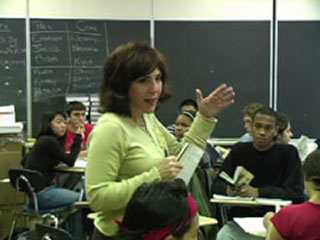Context
Where do I teach?
Content
What are my students learning?
Teaching Practice
What's my approach?
Student Work
Reflections
Resources
Standards
Archive
|
How can I connect students to the work
of Shakespeare, by infusing "main stage" teaching
with "second stage" practices?
My name is Marsha Pincus, and I teach High School English
and Drama at J.R. Masterman Laboratory and Demonstration
School in Philadelphia. I have been teaching in the School
District of Philadelphia for over 30 years. Theater has
profoundly influenced my teaching since my involvement
with the Philadelphia
Young Playwrights Program in 1987.
It was during my
participation in this program that I first learned about
the power of playwriting as a tool for the development
of critical literacy in my students' lives. Through telling
their own stories in their own voices and on their own
terms, my students began to see themselves as people with
the power to change their lives and bring about positive
change in the world. It was also during this time that
I learned about the two different stages that many theaters
simultaneously nurture and maintain: the Main Stage and
the Second Stage. The Main Stage is the larger theater
space that produces plays that will appeal to a wide audience,
often tried and tested "classics" that will engender
little controversy. The Second Stage, smaller in size and
different in mission, is the site of smaller, experimental,
new and often controversial works. These works do not have
to appeal to a wide audience, though the second stage ofter
serves as an incubator for future works on the Main Stage.
I have found this a useful metaphor in thinking about
my classroom practices. My teaching embraces a dynamic
of reciprocity between the practices and values of the "Main
Stage" and the "Second Stage." That is
to say that official, sanctioned, canonical curricula can
be complemented with dynamic, creative, idiosyncratic pedagogies.
In my first multimedia representation of my teaching practice,
Playing with the Possible, I suggest that there are ways
that Second Stage values can emerge on the main stage;
in this website I’m doing all those Main Stage things – including
the teaching of Shakespeare's Macbeth, the literary essay
and the history of the English language– but I’m
infusing this teaching with those values and practices
from the Second Stage.
|
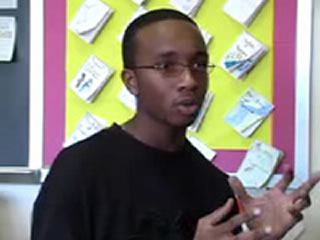
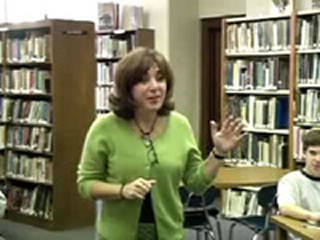
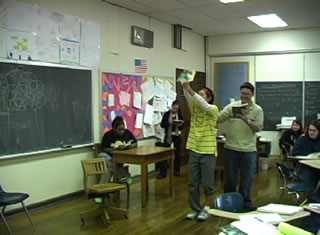
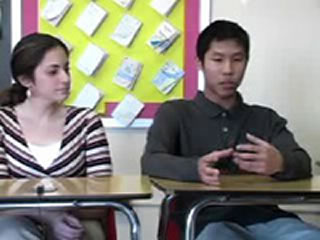
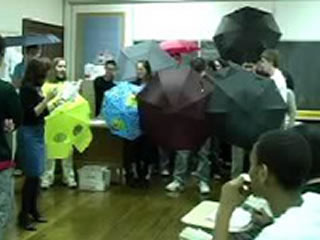
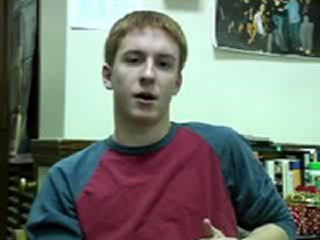
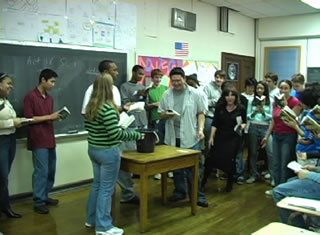
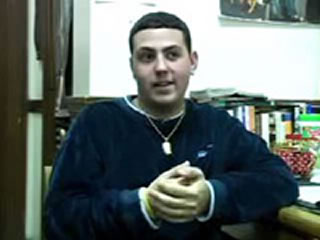 |
|
Site last updated
January 3, 2006
|
